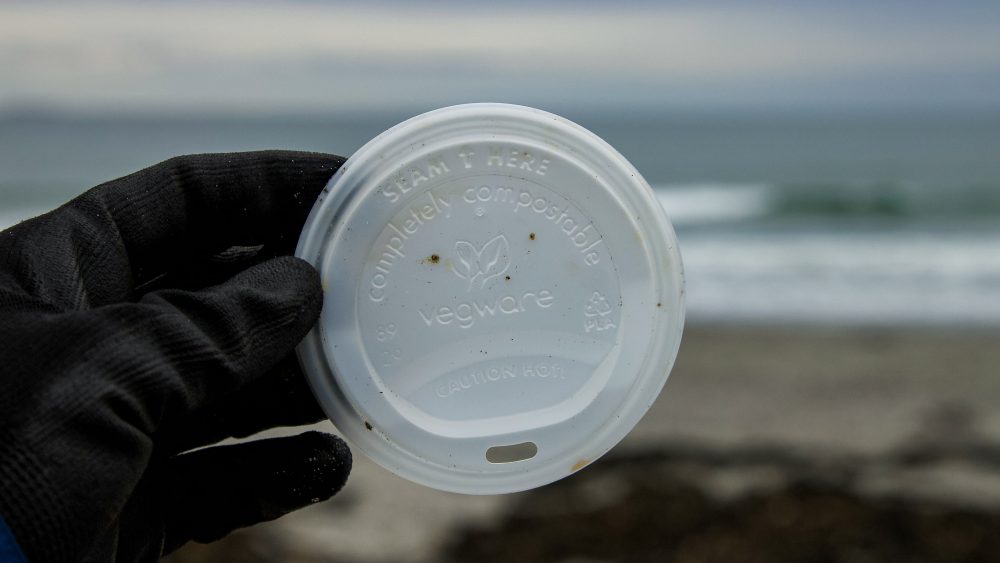As a business, you may wish to use an alternative to single use plastic as a more sustainable choice. There are a range of options available, but it is important to note that using alternatives that are ‘biodegradable’ or ‘compostable’ need to be sent to specific waste disposal sites and cannot be put in your recycling bins. Cardiff Council do not have the facilities to process biodegradable or compostable plastics.
What are the most common alternative materials?
Biodegradable plastics: Plastics that if placed in a specific medium, like soil, water, or compost, under particular conditions, will biodegrade over varying periods of time.
Compostable plastics, which are split into 2 categories: industrially compostable and home compostable. Compostable plastics are a subset of biodegradable plastics that are not only broken down by microbes but can be turned, alongside food and other organic waste, into compost.
- Industrially Compostable: The environment needed to achieve them breaking down can only be recreated in a factory environment.
- Home Compostable: Unless a product says home compostable on it, it is unlikely it would break down in your home composting site. If it does, it would take a very long time.
Bio-based plastics: Fully or partly made from biological raw materials as opposed to the fossil raw material (oil) used in conventional plastics.
How do I dispose of environmentally friendly containers?
As a business using these products, you will need to make separate arrangements with a specialised waste collection service, that have facilities to recycle biodegradable or compostable materials. You also have the responsibility to educate customers on where to dispose of their waste and provide a separate waste stream for these items.
If you do not organise a separate waste stream, you need to ensure customers place them in the general waste bin, and not in the recycling bin (a common mistake). If they are placed in other bins they will contaminate recycling, garden, and food waste, and could also clog up machines that are not designed to deal with them.
A specialised waste service for these materials is preferred, as when placed into general waste, they will be processed at Viridor alongside other residual waste in Cardiff. However, the sustainability element is partially lost, as the material is neither composted nor biodegraded.
We recommend:
A solution far better than either recycling or plastic alternatives is Re-Use. By rejecting single use items and instead using re-usable items you will be preventing waste from being created in the first place.
Why not think about moving away from providing single use items? You could offer incentives for customers bringing their own cups, such as a free hot drink every four purchases, or 10% off their drink in a reusable cup. You could also operate your own cup deposit scheme and charge a reusable cup levy that is refunded if the customer brings back the reusable cup within 5 days of purchase.



Comments are closed.